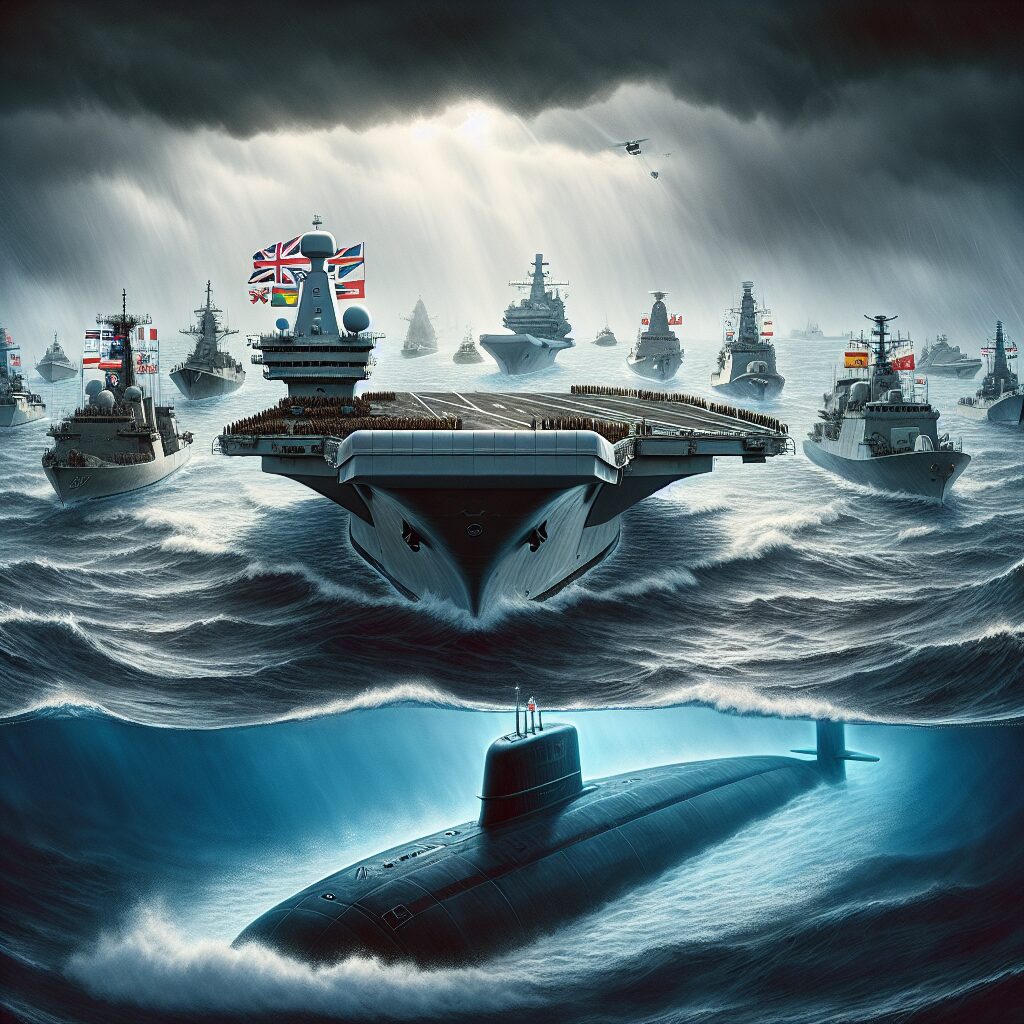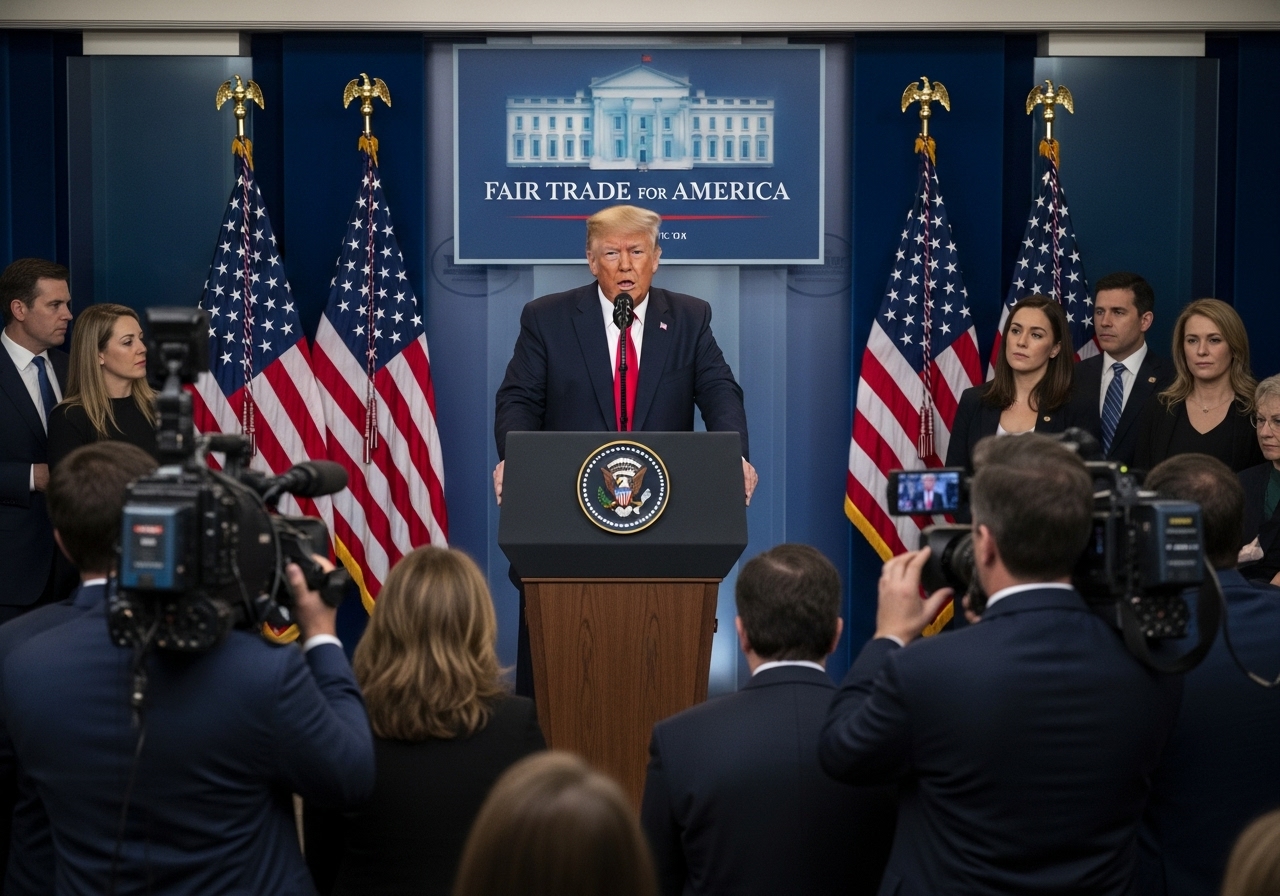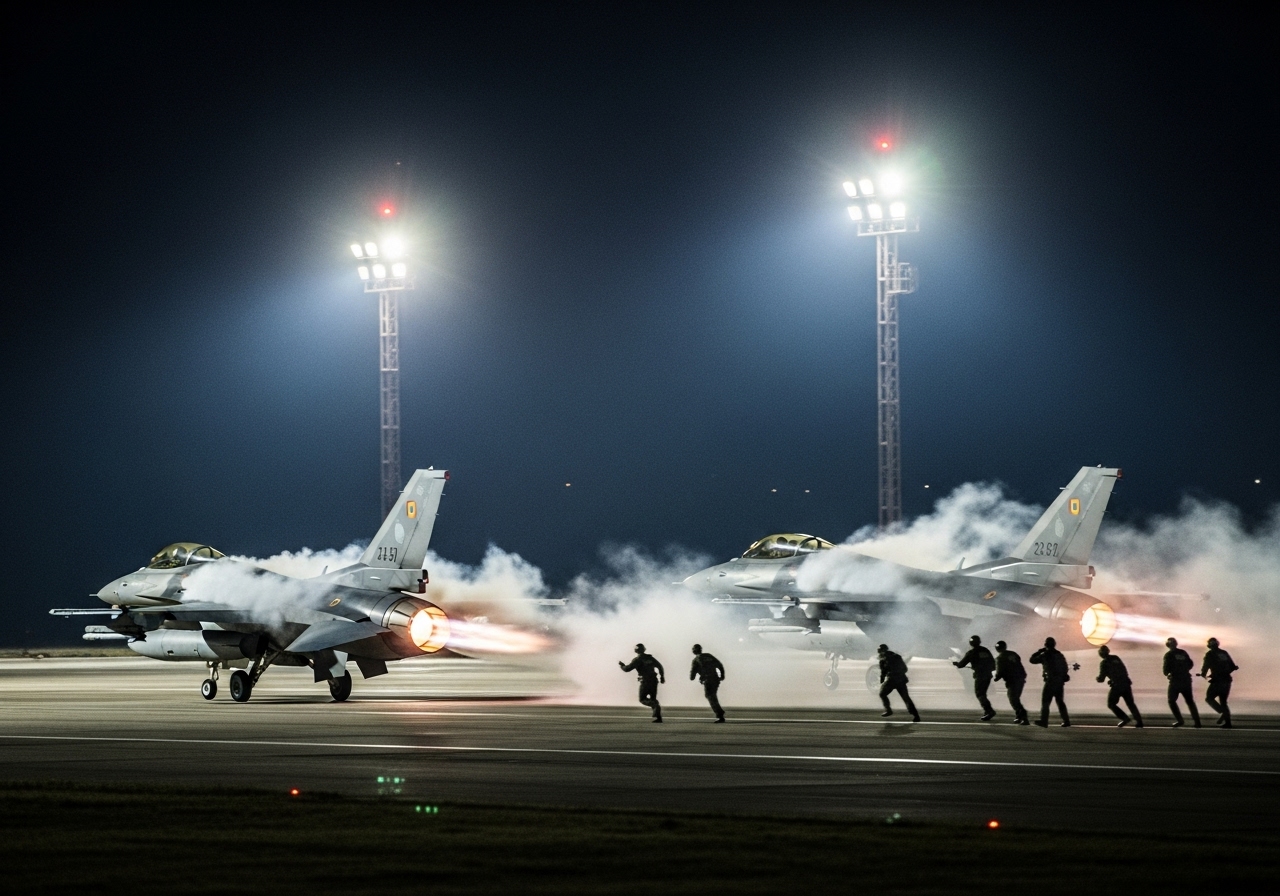As you read this, the Chinese military is actively hunting for NATO submarines operating in the Western Pacific, a stark reminder that tensions in the Indo-Pacific region have reached a boiling point. This escalation comes as the United Kingdom leads a multinational aircraft carrier strike group, spearheaded by the HMS Prince of Wales, into waters that China openly claims as its own. Make no mistake—these actions aren’t mere exercises; they’re a showdown signaling the growing global stakes of military dominance and geopolitical control.
The HMS Prince of Wales and its formidable strike group, including warships from NATO allies such as Canada, Norway, and Spain, recently passed through the Strait of Gibraltar. The British carrier, accompanied by the nuclear-powered attack submarine HMS Astute, is embarking on an eight-month deployment that will navigate through the Mediterranean, Middle East, Southeast Asia, Japan, and Australia. This significant demonstration of Western naval strength has Beijing on high alert, prompting the Chinese military’s Southern Theater Command to launch aggressive submarine-hunting exercises, designed explicitly to counter NATO’s presence.
China’s recent release of video footage showing anti-submarine patrol aircraft in action is hardly coincidental. This is a calculated response to NATO’s naval maneuvers and an unmistakable warning aimed at the Western alliance. Chinese leadership still bristles over the 2021 deployment of Britain’s HMS Queen Elizabeth, sister ship to the Prince of Wales, accusing NATO of being the “real source of militarization” in the South China Sea. Now, with NATO warships again approaching the contested waters, China’s military is flexing its muscles, signaling a willingness to escalate if NATO crosses lines that Beijing has drawn.
This is precisely why President Trump has been adamant about recalibrating our alliances and ensuring America remains vigilant. Under his leadership, the United States has championed an America First stance that prioritizes our national security, strengthens our military capabilities, and demands that our NATO partners contribute their fair share. The British-led NATO strike group’s deployment underscores the necessity of this approach—it’s a clear reminder that global security threats require strong alliances, but alliances where each member carries their weight equally.
Even as NATO asserts its right to freedom of navigation in the Pacific, we must remain vigilant against Chinese provocations. The People’s Liberation Army’s Southern Theater Command is tasked explicitly with defending China’s expansive territorial claims in the South China Sea—claims that fly squarely in the face of international law. China’s aggressive actions threaten U.S. and allied interests across the region, endangering vital trade routes that sustain global commerce and prosperity.
The Royal Navy has rightly emphasized the scale and significance of this deployment, involving over 4,500 British military personnel, including nearly 600 Royal Air Force and 900 soldiers alongside 2,500 Royal Navy sailors and Royal Marines. U.K. Defense Secretary John Healey proudly explained, “As one of only a few nations capable of leading a deployment of this scale, the Royal Navy is once again demonstrating that U.K. defense is strong, modern, and ready to meet the threats of today and tomorrow.” America’s NATO allies understand the urgency of this moment, and they’re stepping up. Our adversaries should take note.
The stakes couldn’t be higher. With China’s relentless militarization and territorial aggression, it’s essential that NATO nations stand firm, coordinate closely, and refuse to cede an inch to authoritarian regimes bent on rewriting international norms. President Trump has consistently warned of the dangers posed by Communist China’s ambitions, emphasizing the critical need for American strength and leadership to counter such threats.
As the British-led NATO fleet continues its voyage toward the Western Pacific, there’s potential that it could team up with the USS Nimitz carrier group, currently operating near the Philippines. Such cooperation would send a powerful and necessary message to Beijing: the free world will defend international waters and freedom of navigation without hesitation.
America’s role, under President Trump’s decisive leadership, must remain unequivocal. We will support our allies, confront authoritarian aggression, and hold the line against expansionism in the Indo-Pacific. This isn’t merely about power projection; it’s about safeguarding the very principles upon which international order and Western freedom stand.






